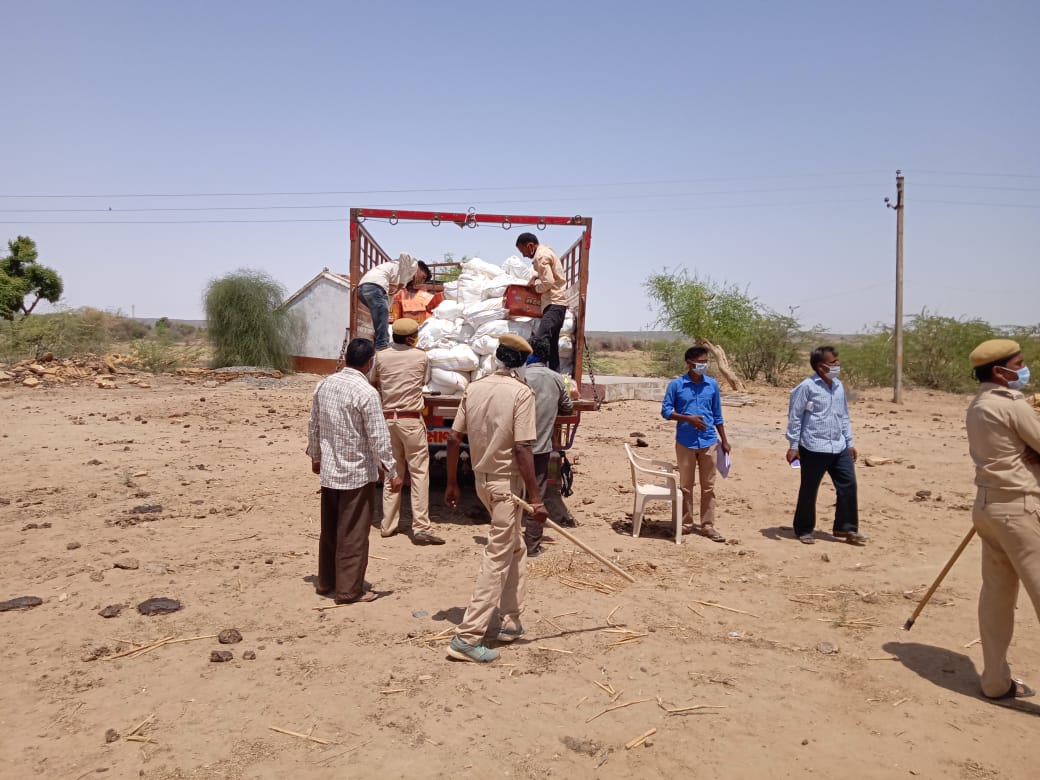
Project Summary
In the wake the COVID-19 Pandemic, Samerth Charitable Trust is working to provide relief and rehabilitation in the Khadir Region of Kutch, an island sharing a border with Pakistan and comprising 14 villages with semi-arid areas in the north-west corner of the island and covered by the greater rann of Kutch. The people living in these villages belong to Koli, Parkara Koli, Muslims, Ahir Koli and Bharwad communities. They are mainly involved in agricultural activities during the monsoon, or in charcoal making, cutting stones, trees, migrating to salpan for other work including agriculture, gypsum-mines, construction and small-scale industries.
The region also has no direct water supply through the Narmada PipeLine and is dependent on borewells or water supply through tankers by the government. The Govt. supply is once in two days during extreme dry seasons and is insufficient in meeting the families’ needs. Currently, people purchase water (Rs 600 for 3500 litres) through private tankers and this need is going to increase with the onset of summer.
Given the remoteness of the location, the vulnerability of the communities in the region and Samerth’s presence and co-ordination with the locals including the authorities, they have reached out to Arghyam for financial support as well as to leverage other resources that can enable them to be more effective in the relief work during the COVID-19 pandemic.
In the current project, Samerth will provide essential items that are not included in the Govt. supplies for BPL/APL families which includes a kit worth 1162/- per HH. (food items + hygiene materials – soaps) and also disseminate information on maintaining social distance and hygiene in the community.
Outputs
- Relief from the distress for rural poor community in 3 GPs of the Khadir region
- Food security to 438 households in the region
- Documentation of the impact COVID and the lockdown has had on vulnerable population especially migrant labour and scheduled tribes
- Documentation of the best practices of the communities to cope with COVID and Lockdown (severe disruption), and associated learning
- Learning related to water stress and livelihood opportunities for migrant labour and other rural population and ideas for new livelihoods strategy in the post pandemic situation







 Samerth Charitable Trust
Samerth Charitable Trust